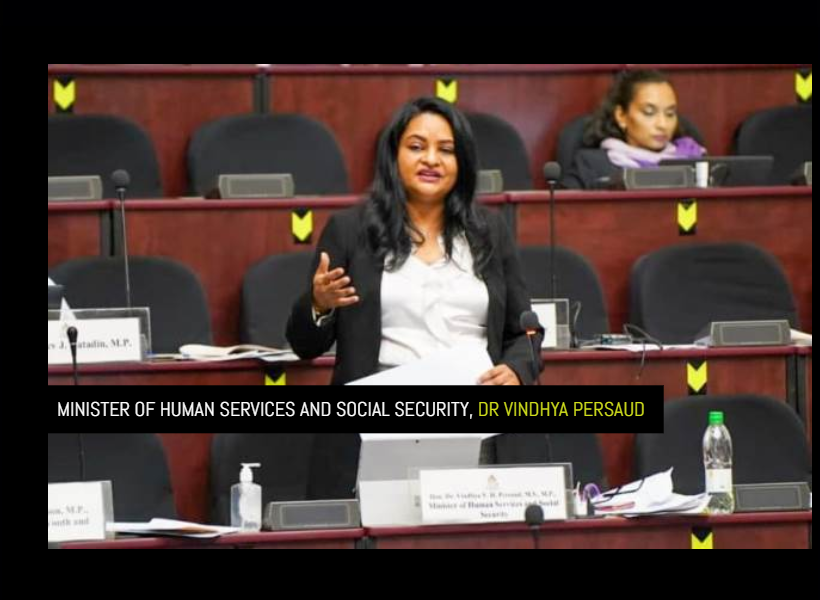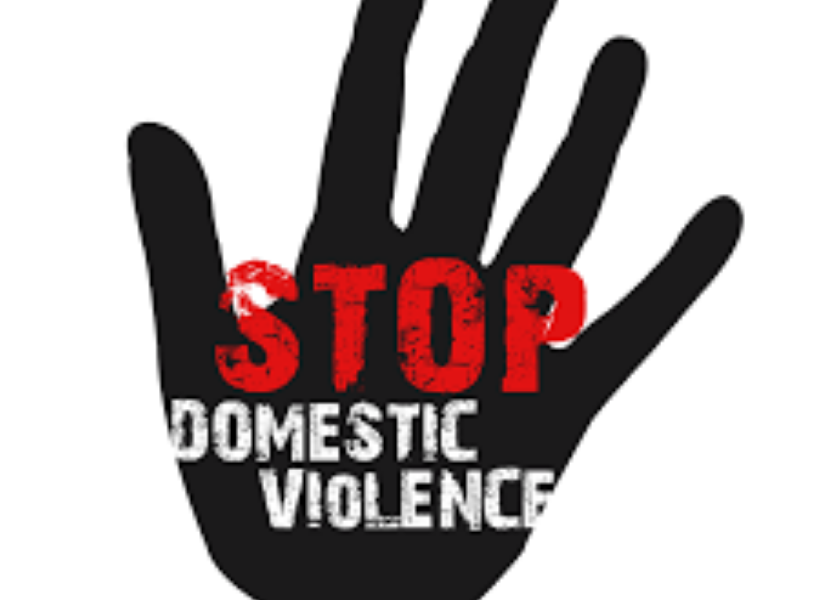By Sueann Wickham
For as long as we can remember, Guyana has been grappling with the pervasive issue of domestic violence. It is a social epidemic that has plagued communities and households across the nation.
This insidious social epidemic, characterized by the use of physical, emotional, or psychological force within intimate relationships, has left an indelible mark on the fabric of Guyanese society, affecting individuals of all ages, genders, and socio-economic backgrounds.
Entrenched patriarchal norms and cultural attitudes have perpetuated cycles of abuse and exploitation and for generations, mostly women and girls have borne the brunt of this violence, enduring untold suffering behind closed doors while society turned a blind eye to their plight.
In recent times, the Ministry of Human Services and Social Security has been at the forefront of addressing this issue, with efforts ranging from legislative reforms to the implementation of support services for survivors. As the country reflects on the progress made in 2023 and looks ahead to the future, the question remains: Can Guyana effectively combat this entrenched problem?
Progress in 2023
According to the Ministry of Human Services and Social Security, the year 2023 saw a notable decrease in reported domestic violence cases compared to previous years. Dr. Vindhya Persaud, the Minister of Human Services and Social Security, revealed that 257 domestic violence cases and 36 sexual offences matters were reported in 2023. While these numbers are still alarming, they represent a 28.5 percent decrease from the previous year which recorded 900 cases.
During her statement on the International Day of Violence against Women last year, Minister Persaud had highlighted the significant role of the ministry’s toll-free 914 hotline, which received 8009 calls in 2023. This hotline serves as a vital reporting portal for cases of gender-based violence, providing survivors with a crucial lifeline for seeking help and support.
Additionally, Minister Persaud emphasized the proactive measures taken by the authorities to support survivors of domestic violence. Over 50 women were provided with shelter or financial assistance when fleeing abusive situations, demonstrating the government’s commitment to addressing the needs of survivors.
Legislative Reforms
The progress made in 2023 builds upon ongoing efforts to combat domestic violence in Guyana. One significant development is the drafting of a new Family Violence Bill, driven by research and analysis conducted by United Nations International Children’s Emergency Fund (UNICEF) under the Spotlight Initiative. This initiative, undertaken in partnership with state and non-state actors, aims to address the root causes of domestic violence and advocate for legislative changes to better protect survivors.
The proposed Family Violence Bill seeks to address weaknesses in existing legislation, such as the outdated Domestic Violence Act of 1996. Key provisions of the bill include extending protections to cohabitating and same-sex couples, reflecting a more inclusive approach to combating domestic violence.
However, the fight against domestic violence in Guyana is not confined to legislative reforms alone. It requires a multi-faceted approach involving collaboration between government agencies, civil society organizations, and the judiciary. UNICEF’s research initiative has facilitated increased collaboration with the national judiciary, leading to the establishment of specialized hearing rooms for survivors of domestic violence.
These hearing rooms provide a safe and confidential environment for survivors to seek justice without fear of re-traumatization. With the support of UNICEF and other stakeholders, these initiatives aim to break down barriers to reporting domestic violence and ensure that survivors receive the support they need to rebuild their lives.
Addressing Systemic Challenges
Despite the strides made in legislative reforms and support services, Guyana still grapples with systemic challenges in tackling domestic violence. Harmful social norms, including a belief in men’s entitlement to women’s bodies and a culture of ‘machismo,’ contribute to the perpetuation of violence against women and girls. UNICEF’s research highlights the prevalence of non-partner sexual abuse and other forms of violence experienced by women, particularly young women aged 15 and above.
The inadequacies of existing legislation, such as the outdated Domestic Violence Act of 1996, further exacerbate the problem. While efforts are underway to draft a new Family Violence Bill, gaps in reporting, investigation, and survivor support services persist. The proposed changes aim to address these shortcomings by introducing more comprehensive definitions of violence, updated penalties, and perpetrator intervention programs.
Part 6: Government Commitment
Amidst these challenges, the government of Guyana remains steadfast in its commitment to combating domestic violence. Attorney General and Minister of Legal Affairs, Anil Nandlall reaffirmed the government’s recognition of domestic violence as a serious problem and pledged to eradicate it in all its forms. The adoption of the new Family Violence Bill represents a significant policy shift towards more inclusive and effective measures for addressing domestic violence.
As Guyana looks to the future, the fight against domestic violence remains a pressing priority. The implementation of legislative reforms, coupled with collaborative efforts between government agencies, civil society organizations, and international partners, will be critical in effecting lasting change. By addressing the root causes of domestic violence and providing survivors with the support they need, Guyana can aspire to create a society where all individuals can live free from fear and violence.
Despite the progress made in 2023, Guyana’s journey towards combating domestic violence is far from over. It requires sustained commitment, collaboration, and collective action to overcome entrenched social norms and systemic challenges. With continued dedication and perseverance, there is hope that Guyana can pave the way towards a future where domestic violence is no longer a pervasive threat to its citizens’ well-being and safety.













